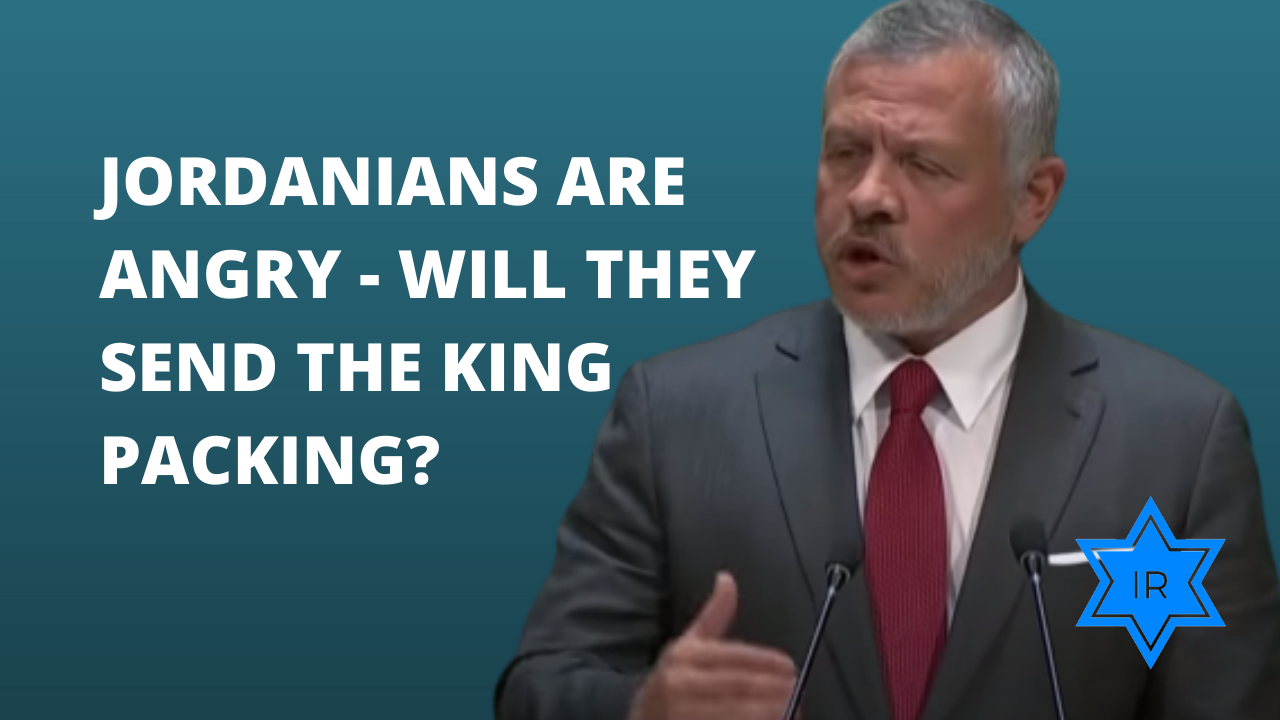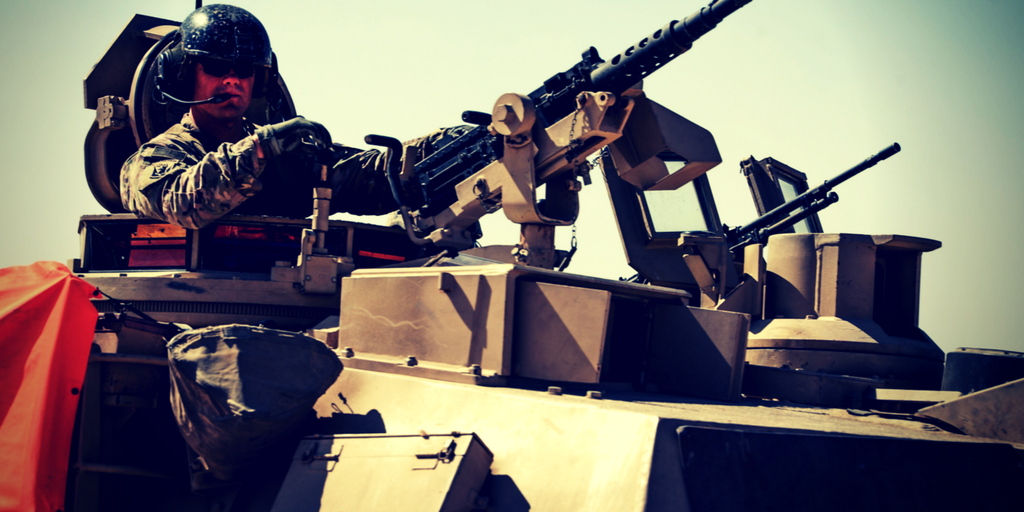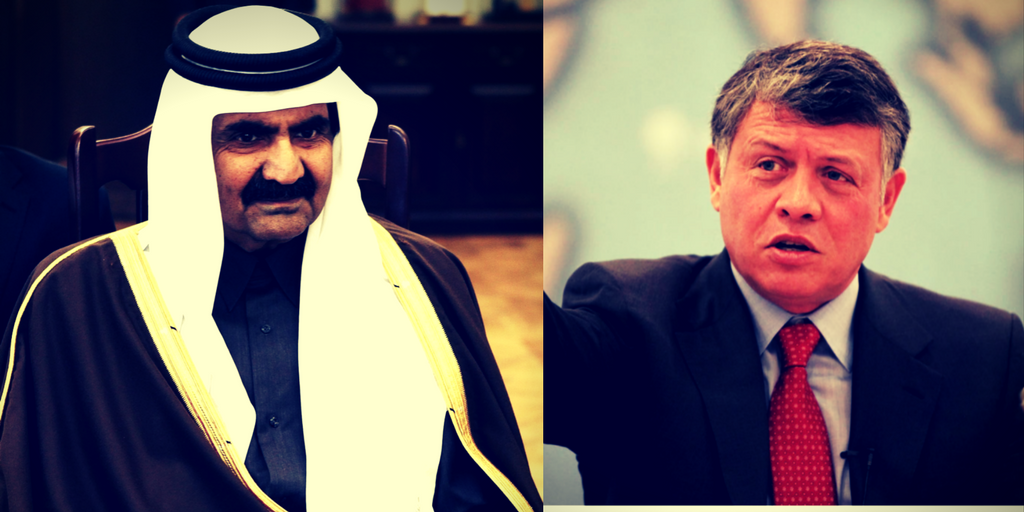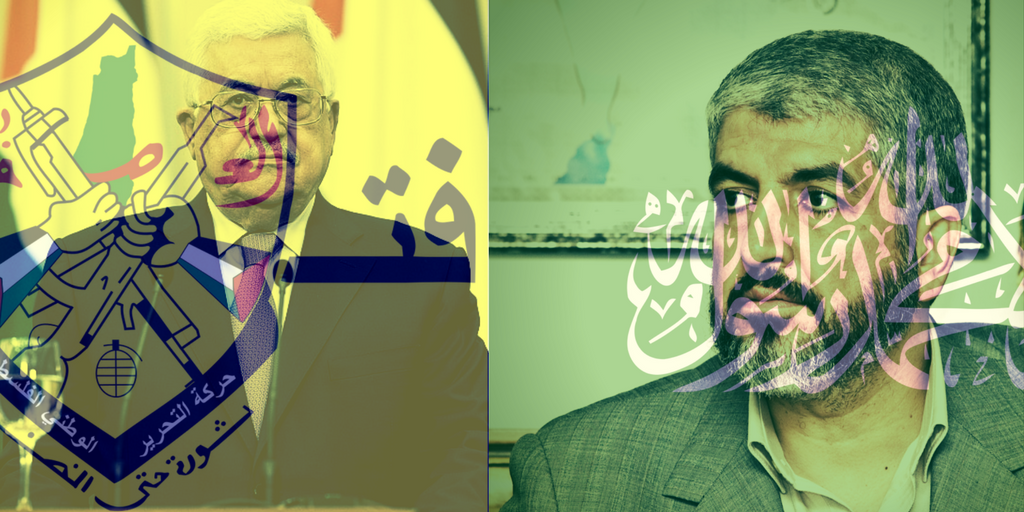Ironically, the case of Sinai, once held up as the crowning vindication of the land-for-peace principle is likely to turn out to be its one of its most tragic and traumatic failures.
Militants detonated a bomb inside a crowded mosque in the Sinai Peninsula on Friday and then sprayed gunfire on panicked worshipers as they fled, killing at least 305 people and wounding at least 128 others. Officials called it the deadliest terrorist attack in Egypt’s modern history. – New York Times, November 24, 2017.
The Sinai Peninsula with its strategic depth, mineral wealth and economic potential is now deteriorating into a lawless “no-go” region, rapidly falling under the control of the most ruthless extremists on the face of the globe. – INTO THE FRAY: Suicide Nation? August 11, 2011.
If the Egyptian authorities do not move quickly to crush the extremists and regain control, the Sinai Peninsula could soon become a separate Islamic emirate run by Salafis, Hamas and Al-Qaeda – Khaled Abu Toameh, Gatestone, August 5, 2011.
In my column last week, dealing with just how fortunate Israel was in not adopting the land-for-peace formula in the Golan, and detailing the deadly dangers that ensued from attempting to apply it elsewhere, I wrote: Sinai [is] now descending into the depravity and brutality of a jihadi-controlled no-man’s land — with no good options on the horizon.
Gruesome corroboration
Tragically, almost at the exact time that the column was being posted, the grim prognosis was given gruesome corroboration. Reportedly over three dozen “militants”, attacked a mosque in Northern Sinai, near the town of Bir al-Abed, on the coastal road connecting El-Arish and Port Said. Using explosives and automatic weapons, they cut down hundreds of worshipers including almost 30 children. Most of the attackers appeared to have escaped.
Its dreadful dimensions aside, such gory incidents as this are is not uncommon in Sinai. Indeed, it is “merely” yet another link in a chain of ongoing murderous assaults by jihadi groups against Egyptian forces stationed in the peninsula, dating back over half-a-decade, to the period immediately following the end of the Mubarak-era (from mid-2011). However, there has been a discernable uptick in attacks since the 2013 ousting of Mohamed Morsi and his Muslim-Brotherhood affiliated government by a military coup, headed by incumbent president Abdel Fattah el-Sisi.
Politics, like nature, abhors a vacuum
There is —or at least, there should be—little surprise at the advent of lawlessness and violent insurgency in one form or other in Sinai.
After all, following the evacuation of the peninsula by the IDF under the terms of the 1979 peace agreement between Egypt and Israel, strict conditions for its demilitarization were imposed. For Israel, this was the central pillar of the entire peace accord and a critical element in its overall security.
However, these conditions seriously curtailed Cairo’s ability to enforce law and order in a relatively “undomesticated” region, where dutiful respect for central authority, never mind meticulous observance of its laws, were hardly the hallmarks of the indigenous inhabitants’ ways and mores.
Accordingly, with Egypt’s emaciated capacity to assert control, the largely nomadic gangs, clans, and tribes that comprise much of the population, were left relatively unfettered to pursue lawless activities, which included gun-running, drug-smuggling, human trafficking, abduction and extortion. There have even been horrific reports of rape, beheadings and trafficking of organs taken from African kidnap victims, trying to reach Israel.
With the ascendancy of radical Islam across much of the Mid-East, this fundamentalist doctrine found fertile ground among the fractious Bedouin tribes of Sinai, with their contentious relations with the regime in Cairo—particularly after the removal of the largely likeminded Morsi by the military in 2013. Indeed, they showed an increasing affinity for the most extremist jihadi ideology. Thus, one of the most active jihadi groups, Ansar Bayt al-Maqdis (Supporters of Jerusalem) was previously an al-Qaeda affiliate but in late 2014, pledged its allegiance to ISIS, changing its name to Wilayat Sinai (Sinai Province of the Islamic State).
Demilitarization endangered
Significantly, the reverses suffered by ISIS in Syria and Iraq have increased the attractiveness of Sinai as a destination for many racialized fighters looking for alternative methods to wage Jihad. Indeed, by some reports, today they constitute up to 80% of the Sinai Province’s fighting force. This not only poses an increasing challenge for the Egyptian regime, but for Israel it imperils the major component of its peace treaty with Egypt – the demilitarization of the Sinai Peninsula.
For clearly, the strict enforcement of demilitarization leaves Egypt incapable of imposing law and order. According, it is only if Egypt is allowed to breach the conditions of such demilitarization that it can acquire the ability to contend with the increasing challenge of lawlessness and rejection of government’s authority.
And indeed, in the past Egypt has repeatedly asked Israel to consent to it deploying troops that exceed the stipulations of the peace treaty—including the introduction of tanks, helicopters and fighter planes. As a rule, Israel has agreed to such requests—and has even refrained from responding when increased deployments have been made without its prior approval.
But such largesse could be—indeed is more likely than not to be—a dangerously slippery slope—for a number of reasons.
Firstly, as Yoram Meital of Ben Gurion University points out, even if Egypt is successful in quelling the jihadi resistance, there is a distinct danger that it will not subsequently remove the excess forces. He warns: “… the Egyptian leadership would find it difficult to order the evacuation of its forces from the Sinai once the operation is over. Egyptian public opinion would no doubt demand that the troops remain in the Sinai, as a testimony to Egypt’s control over its entire sovereign territory.”
And indeed it well might!
Creeping remilitarization of Sinai
Clearly, this raises the specter of the creeping remilitarization of Sinai—a prospect which may be a little less troubling were it possible to ensure that al-Sisi or some likeminded successor were to continue to hold the reins of power in Egypt indefinitely. But this would be a highly imprudent hypothesis on which to base Israel’s long term strategic planning.
After all, in the last decade, the volatility and unpredictability of Egyptian politics has been amply demonstrated—from the unexpected fall of Mubarak, through the surprising rise of Morsi and his equally unforeseen fall, to the astonishing coup of al-Sisi, whose current hold on power is anything but secure.
But more on that a little later.
There is however, a no less disconcerting prospect. This is that despite the reinforcements, over and above the peace treaty stipulations, the Egyptian military will not be able to subdue the jihadi insurgency. Indeed, in this regard there is growing concern over, and criticism of, al- Sisi’s strategy—and increasing doubts as to whether it has any chance of success.
Reflecting this skepticism is the following caveat from a prominent security studies institute: “… questions remain if Egypt can destroy or even contain Wilayat Sinai [the ISIS affiliate, Sinai Province]. The IDF is preparing for the likelihood that the group will strike across the border: targeting Israeli civilian towns or military positions the same way it has attacked Egyptian security posts.”
An excruciating dilemma?
This clearly raises several trenchant questions of crucial importance for Israel:
– If the Egyptian forces lack the tenacity and motivation to meet the challenge of containing the Islamist aggression, what will be the fate of all the excess weaponry introduced into Sinai to defeat them?
– What if these weapons, like the US arms in Iraq, fall to the insurgents—then to be turned against Israel?
– And if the jihadis turn their attention to Israeli targets, how is Israel to respond?
Inevitably, this will leave Israel impaled on the horns of an excruciatingly difficult dilemma. It shares a 200 km border with Sinai, which also abuts the Gaza Strip from the south-east.
If, as in the scenario suggested previously, Egypt fails to impose its rule in Sinai and hostilities break out regularly along Israel’s southern border, possibly in coordination with Hamas and other radical elements in Gaza, Israel may well find itself facing the threat of its southern Red Sea port, Eilat, being cut off from the rest of the country and much of the Negev under constant attack.
In these circumstances, it is difficult to see how Israel could contend adequately with such a menacing situation without being compelled to take—and hold—large portions of Sinai, still formally under Egyptian sovereignty -and thus blatantly violate the peace accord with Cairo.
The repercussions of such an initiative are difficult to comprehend and even more difficult to calculate.
The Muslim Brotherhood: “Down”, but not “out”
It is beyond dispute that the al-Sisi regime is interested in avoiding hostilities with Israel and has dealt its Islamist rivals—particularly, the Muslim Brotherhood (MB)—a devastating blow. However, while it is clear that the MB has been severely eviscerated and is obviously “down”, it would be more than ill-advised to consider it “out”.
For not only has the organization shown considerable resilience and resourcefulness in adversity in the past, it still retains considerable public support. Moreover, al-Sisi is facing severe challenges at home. As a 2016 Brookings Institution report cautions:
In a classic authoritarian bargain, President Sissi came to power two years ago promising security, stability, and economic prosperity in exchange for near-total political control. Now, that bargain is in the process of breaking down, since he’s failed to deliver on all three fronts.”
Against this backdrop, one other source warns: “Unemployment among Egyptian youth, who have been the jihadi foot soldiers, is above thirty per cent—a ticking time bomb…”
Accordingly, while the current regime is indeed well-attuned to Israel’s security needs, the prospect of a future regime-change can certainly not be discounted as wildly implausible, nor can the ascendance of a successor regime, far less amenable—even vehemently inimical—to the Jewish state and its security.
Ethiopia: Egypt’s “elephant in the room”
Ethiopia, separated from Egypt’s southern border by Sudan, a vast country in its own right, is rarely bought up in the discussion of Sinai and future scenarios that may emerge.
This is a grave omission! For Ethiopia, in many respects, is Egypt’s “elephant in the room”.
Why?
Ethiopia is currently in the final stages of construction of a massive high dam on the Blue Nile, Egypt’s most important water source, which provided the bulk of the country’s of supply.
Accordingly, Egypt has grave concerns that the dam, The Grand Ethiopian Renaissance Dam (GERD), will adversely affect the downstream flow it receives today.
So serious are Cairo’s fears that it has even hinted that it would be prepared to use military force to halt construction or even destroy the dam.
To date, the two countries have been unable to come to any agreement on the construction of GERD, or how to contend with the repercussions for the downstream flow to Egypt—making the prospect of conflict between them ever closer.
However, conflict with Ethiopia would be a daunting prospect for an impoverished Egypt. Apart from the great distance it would have to project military force to be effective is the (not widely- known) fact that Ethiopia’s population is significantly larger than that of Egypt’s and its economy (one of the fastest growing in the world) is significantly stronger.
Thus, a clash with Addis Ababa is likely to siphon off huge resources from other activities in Egypt, leaving it with scant means—and motivation—to quell the insurgency in Sinai— and leaving the jihadis with greater freedom to pursue their brutal goals there.
The writing on the wall
For Israel then, the writing is on the wall. For as I wrote back in August 2011, the country may well have to face an emerging lose-lose strategic predicament ,which will force it to decide between:
• Allowing Sinai to degenerate into an Afghanistan-like haven for al-Qaida and ISIS-like jihadi organizations; or
- Allowing a possibly hostile Egypt to remilitarize the area in an attempt to reestablish law and order; or
• Reasserting Israeli control of Sinai, effectively repudiating the peace agreement with Cairo.
So, ironically, the case of Sinai, once held up as the crowing vindication of the land-for-peace principle, may yet turn out to be one of its most tragic and traumatic failures.






